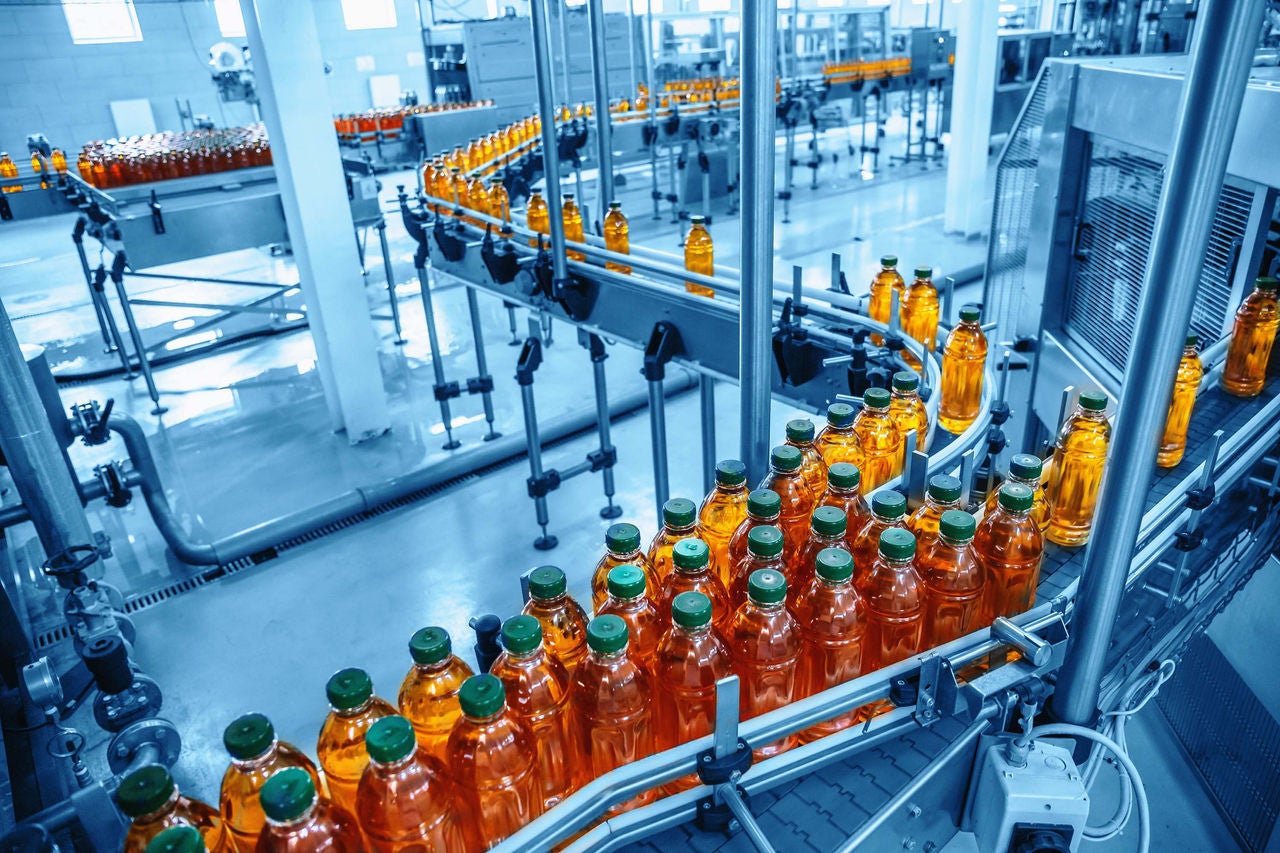Označenie EY sa vzťahuje na celosvetovú organizáciu spoločností, ktorej riadiacou spoločnosťou je britská Ernst & Young Global Limited. Každá členská spoločnosť je nezávislým právnym subjektom. Ernst & Young Global Limited neposkytuje služby priamo klientom.

Dňa 11. septembra 2024 parlament schválil návrh zákona o dani zo sladených nealkoholických nápojov. Tento zákon zavádza novú daň vzťahujúcu sa na nápoje obsahujúce pridaný cukor alebo iné sladidlá a je súčasťou snahy vlády o konsolidáciu verejných financií. Zákon čaká na podpis prezidentom a má nadobudnúť účinnosť 1. januára 2025.
Daň zo sladených nealkoholických nápojov má charakter nepriamej dane zo spotreby a budú ju v zásade vyberať a platiť do štátneho rozpočtu podnikateľské subjekty uskutočňujúce prvé dodanie sladeného nealkoholického nápoja v tuzemsku, ktoré ju vyberú v cene sladeného nealkoholického nápoja.
Zákon rozlišuje tri kategórie sladených nealkoholických nápojov, ktoré budú predmetom dane:
• balené sladené nealkoholické nápoje určené na priamu konzumáciu (ochutené minerálky, džúsy, kolové nápoje, sladené nealkoholické pivo, ľadové kávy alebo čaje a pod.);
• balené koncentráty obsahujúce cukor alebo sladidlo, ktoré vyžadujú prípravu zmiešaním s vodou, ľadom alebo oxidom uhličitým, mliekom alebo jeho rastlinnou náhradou. Do tejto kategórie patria napr. sirupy, instantné a práškové nápoje, šumienky, granule a pod.;
• energetické nápoje – sladené nealkoholické nápoje s obsahom kofeínu viac ako 150 mg/liter.
Novou daňou nebudú zaťažené sladené nealkoholické nápoje, ktoré sú liekom, výživovým doplnkom, dojčenskou výživou, potravinou na osobitné lekárske účely alebo celkovou náhradou stravy na reguláciu hmotnosti.
Zákon zavádza rôzne sadzby dane v závislosti od kategórie a typu nápoja, pričom výrazne vyššie sadzby sú stanovené pre nápoje s vysokým obsahom kofeínu. Pre stručný prehľad uvádzame schválené sadzby:
• 0,15 eura za liter pre balené nápoje určené na priamu konzumáciu,
• 0,30 eura za liter pre balené nápoje s vysokým obsahom kofeínu určené na priamu konzumáciu,
• 1,05 eura za liter alebo 4,30 eura za kilogram pre balené koncentrované látky určené na prípravu sladených nealkoholických nápojov,
• 2,10 eura za liter alebo 8,60 eura za kilogram pre koncentráty nápojov s vysokým obsahom kofeínu určené na prípravu sladených nealkoholických nápojov.
Zákon tiež obsahuje zaujímavé ustanovenia, ktoré riešia prípady „predzásobenia sa“ sladenými nealkoholickými nápojmi pred účinnosťou zákona. Tieto ustanovenia sa dotýkajú zdaniteľných osôb, ktoré majú povinnosť overenia účtovnej závierky audítorom a ktoré musia sledovať množstvo nadobudnutých sladených nealkoholických nápojov podliehajúcich novej dani v období júl až december 2024.
Zákon má vplyv predovšetkým na podnikateľské subjekty, ktoré obchodujú so sladenými nealkoholickými nápojmi v tuzemsku. Ak sa vás uvedená problematika dotýka alebo vás zaujala a radi by ste sa dozvedeli viac o potenciálnych daňových dôsledkoch, neváhajte sa obrátiť na autorku tohto článku alebo vašu kontaktnú osobu v EY Slovensko.



